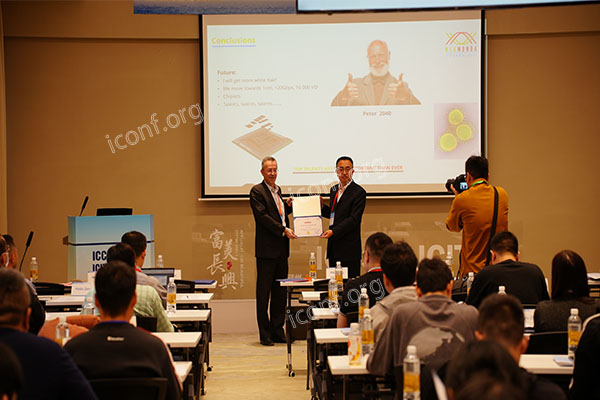Understanding the distinctions between academic and international conferences can help you choose the right events for your professional development, networking, and research presentation needs. Here are the key differences:

Academic Conferences: These are typically focused on a specific academic discipline or field of study. They aim to advance knowledge within that field through presentations, discussions, and the dissemination of research.
International Conferences: While international conferences can also be discipline-specific, they often have a broader scope, bringing together researchers, professionals, and experts from around the world. They might cover multiple fields or focus on interdisciplinary topics, global issues, or international collaboration.
Academic Conferences: These can be local, regional, or national, often hosted by universities, research institutions, or academic societies within a country or region.
International Conferences: These are held in different countries, often in major cities or international hubs, aiming to attract a global audience. The venue might be larger to accommodate a diverse, international crowd.
Academic Conferences: The audience is predominantly composed of academics, researchers, students, and faculty members from the same or closely related fields.
International Conferences: Attendees come from around the world, including academics, industry professionals, policy makers, and sometimes the general public. The diversity in backgrounds can lead to a richer exchange of ideas and perspectives.
Academic Conferences: Often conducted in the local language or English, with less emphasis on cultural adaptation as attendees are usually from similar cultural backgrounds.
International Conferences: English is commonly used as the lingua franca, but there might be sessions in multiple languages or translation services provided. Cultural sensitivity is crucial, as participants come from various cultural contexts.
Academic Conferences: Networking tends to be more focused on building relationships within your specific academic community or field.
International Conferences: Offer broader networking opportunities due to the diverse audience. You might connect with professionals from different countries, industries, and sectors, potentially leading to international collaborations.
Academic Conferences: Often serve as platforms for presenting and discussing unpublished research, with the goal of receiving feedback before publication. Proceedings might be published in academic journals or conference proceedings.
Copyright @ 2018 iconf.org name All rights reserved